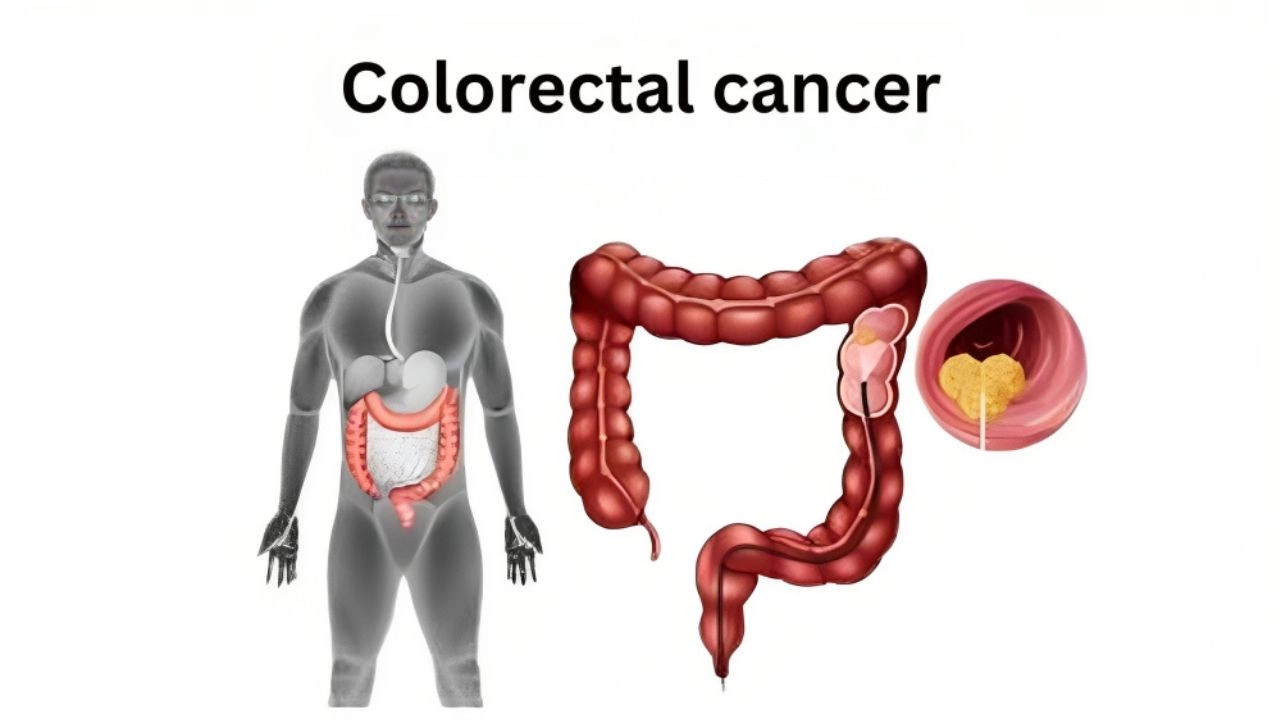Colonoscopies are essential for the early detection and prevention of colorectal cancer, often referred to as bowel cancer. This procedure allows for the identification and removal of precancerous polyps, significantly reducing the risk of cancer development. Medical guidelines recommend that individuals begin regular colorectal cancer screenings at age 45, with the frequency of subsequent screenings determined by initial findings and personal risk factors. Despite the proven effectiveness of colonoscopies, some individuals avoid them due to perceived discomfort, cost, or embarrassment. However, alternative noninvasive tests, such as FDA-approved blood tests and at-home stool tests, are available, though positive results from these methods still necessitate follow-up colonoscopies for confirmation.
Recent studies have highlighted the importance of early screening, especially for individuals with accelerated biological aging, which is linked to a higher likelihood of colon polyps—a risk factor for bowel cancer. Factors contributing to accelerated aging include poor diet, lack of exercise, obesity, smoking, excessive alcohol consumption, and stress. Additionally, personal accounts, such as that of Joe Faratzis, diagnosed with stage 4 colorectal cancer at 28 after ignoring early symptoms, underscore the critical need for timely screenings. Initiatives like the Bowelbabe Fund in the UK aim to provide life-saving colonoscopies to those at higher risk, emphasizing the role of early detection in improving survival rates. Click for More Details







